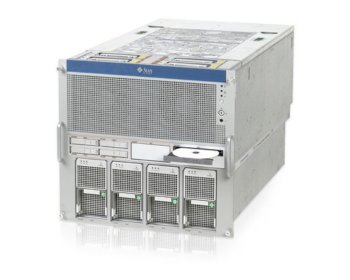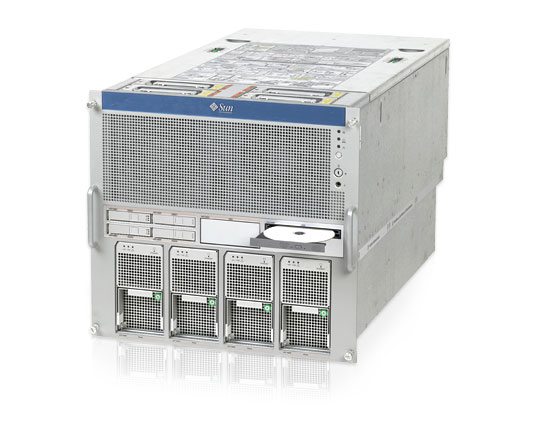Analysts’ Expectations are Surpassed by Oracle / Sun Microsystems Results
June 2012
Oracle recently reported financial results far that exceeded Wall Street’s expectations and said it would buy back up to $10 billion of its shares. Oracle’s chief financial officer, Safra Catz, told analysts in a hastily scheduled conference call that the company did not think investors would mind hearing about a solid quarter amid unsettling fears about how Europe’s shaky economy might be affecting business conditions.
It was still a puzzling decision, given that the announcement conflicted with an event in Los Angeles held by Microsoft to unveil a tablet computer to compete against Apple’s iPad. The overlap meant that some of the securities analysts who follow Oracle were focused on the Microsoft announcement.
Oracle is viewed as a technology bellwether because it sells software and high-end computers to companies and government agencies throughout the world.
In another encouraging sign, Oracle’s decision to spend an additional $10 billion buying back its stock should help increase Oracle’s future per-share earnings by reducing the number of outstanding shares. Based on Monday’s closing price of Oracle’s stock, the $10 billion would buy about 369 million, or 7 percent, of the company’s roughly five billion outstanding shares. Oracle spent about $6 billion buying back 207 million shares in its last fiscal year.
Oracle shares rose 96 cents, or more than 3 percent, to $28.08 in after-hours trading on Monday. The stock had dropped 58 cents in Monday’s regular trading session as investors reacted to the unconfirmed reports of several analysts who said they had been told by unidentified industry officials that Oracle was cutting its ties with Keith Block, its top North American sales executive for the last decade.
For its quarter ending in May, Oracle earned $3.45 billion, or 69 cents a share, up from net income of $3.2 billion, or 62 cents a share, at the same time last year.
Not counting acquisition expenses and other costs, Oracle said it would have earned 82 cents a share. On that basis, Oracle exceeded the average estimate of 78 cents a share held among analysts surveyed by FactSet.
Revenue edged up 1 percent from last year to $10.9 billion, slightly higher than analyst projections.
If not for a stronger dollar, which hurt the company’s results outside the United States, Oracle said its revenue would have increased by 5 percent from the same time last year.
Software licensing revenue would have increased by 11 percent if currency exchange rates had remained at the same level as last year.
Investors focus on sales of new software because the new licenses unleash a stream of future revenue from maintenance and software upgrades. Oracle expects its software licenses for the current quarter ending in August to range from a 1 percent decrease from the same time last year to a 9 percent increase.
Oracle is still struggling to diversify into hardware. Revenue from the sale of hardware products during the latest quarter declined 16 percent from the same time last year. The sagging hardware sales have raised questions about Oracle’s decision to buy Sun Microsystems, a struggling maker of high-end computers, for $7.3 billion two years ago.






